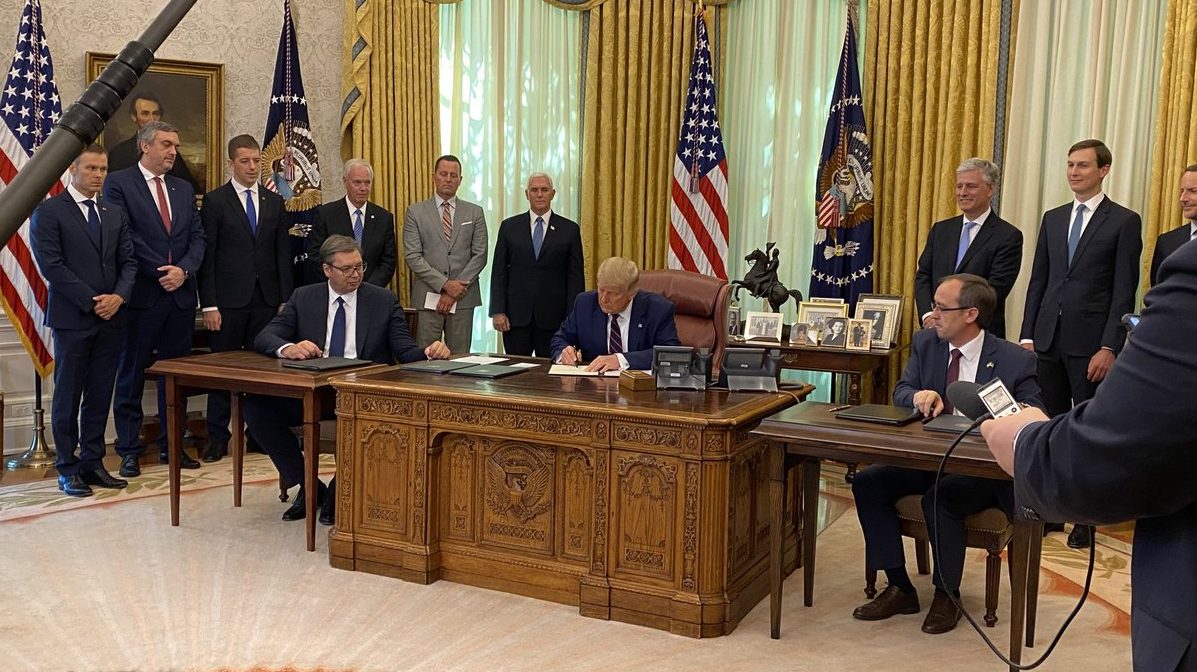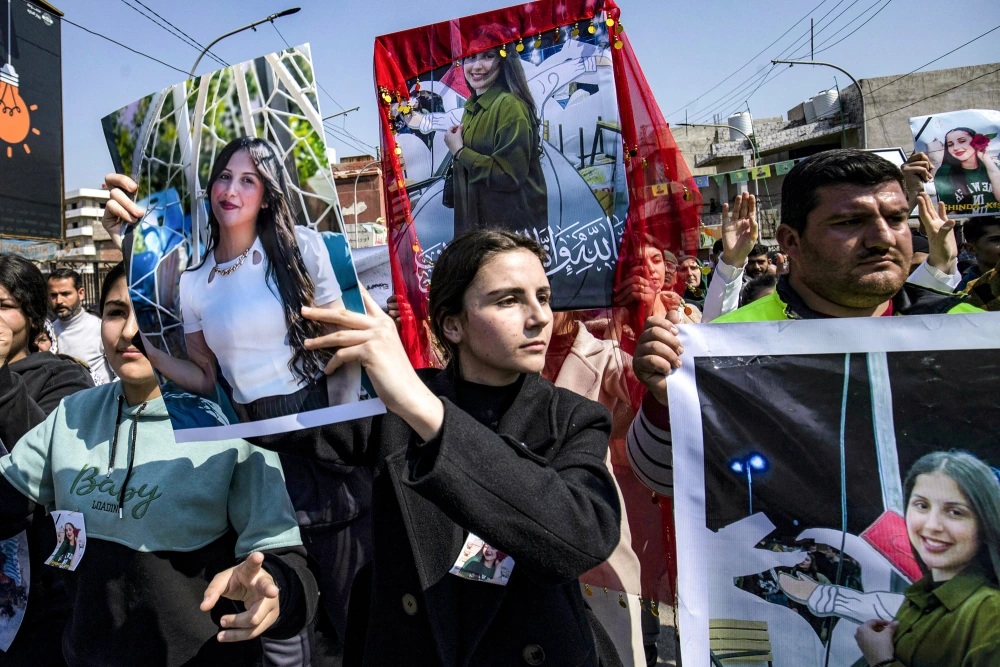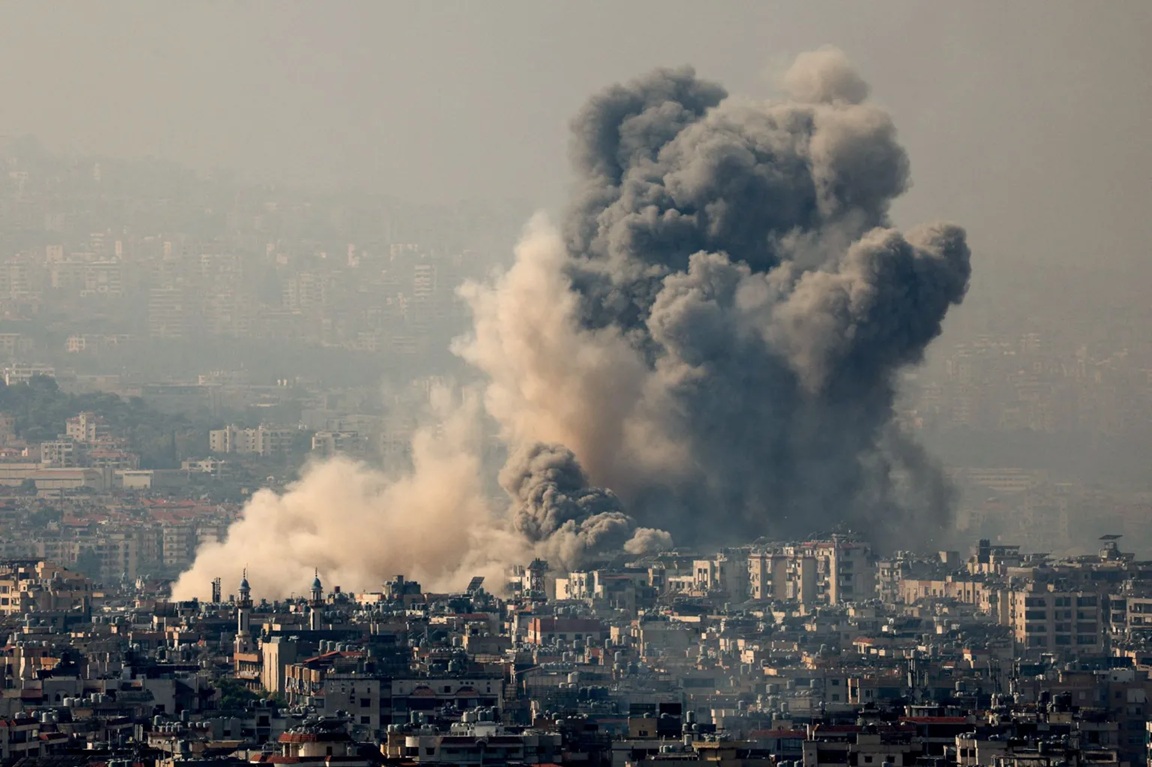
Under pressure of the United States, Serbia announced last week it will designate Hezbollah in its entirety as a terrorist organization. This unexpected decision came after Serbia and Kosovo, under the US President Donald Trump’s auspices, signed a controversial 'historic deal' on economic normalization in Washington.
By Nikola Mikovic
On September 4 - at the White House - Serbian President Aleksandar Vucic and Kosovo’s Prime Minister Avdullah Hoti signed so called 'historic' document that looks more like a list of the US demands addressed to its Balkan client states. Besides the economic aspect of the agreement, Belgrade committed to moving Serbian embassy from Tel Aviv to Jerusalem, while Pristina agreed to mutual recognition with Israel, as well as opening the embassy in Jerusalem, becoming the first Muslim-majority nation to do so.
In addition, the US President Donald Trump’s special emissary Richard Grenell, National Security Adviser Robert O’Brien and Senior White House adviser Jared Kushner have created an unusual mix of commitment to Serbia and Kosovo, from a ban on Huawei’s 5G technology, decriminalization of homosexuality, energy diversification, to the designation of Hezbollah as a terrorist organization.
Hezbollah
Even though Serbian government still has not made any official decisions on Hezbollah, the United States already applauded Belgrade for announcing that it will designate the Iran-backed group in its entirety as a terrorist organization. The US Secretary of State Mike Pompeo called the move “another significant step limiting this Iranian backed terrorist group’s ability to operate in Europe”.
“There is no doubt that the dominoes are falling on Hezbollah’s European operations, where it has continued to plot terrorist attacks, procure military technology and raise much-needed funding,” said Pompeo.
On the other hand, Vuk Jeremic, former Serbian Foreign Minister and President of the UN General Assembly, warned that “Serbia has become a legitimate target from the aspect of Hezbollah”, adding that “members of the Serbian Army who are part of the UN international peacekeeping mission in Lebanon, where Hezbollah is one of the most dominant military-political and social actors, are in special danger.”
In spite of such a fearmongering, it is very unlikely that Hezbollah will conduct any terrorist attacks against Serbia, or Serbian peacekeepers in Lebanon. Several countries, mostly the US satellite-states in Latin America and in the Middle East, have already listed Hezbollah as a terrorist organization, and the Lebanese Shiia group never retaliated.
WikiLeaks
As the WikiLeaks founder Julian Assange once said, Serbia is a country in-between, a pivotal, pioneering place where the future happens first, which means that, in the foreseeable future, due to the US pressure, the European Union and European nations are expected to designate or ban Hezbollah in its entirety with no distinction between its military and political wings.
It is worth remembering that during the Bosnian war (1992-1995) the Shiia group reportedly sent its fighters to help Sunni Muslims against Serbs. In 2019 the leader of Hezbollah Hassan Nasrallah revealed that the Iran-backed forces fought and had military camps in Bosnia and Herzegovina during the war in the Balkan country.
Besides Hezbollah, the Iranian Islamic Revolutionary Guard Corps (IRGC) actively participated in the Bosnian conflict, providing arms and sending trainers and advisers for the Bosnian Sunni Muslims. Recently, some IRGC officials denied Iranian involvement in Bosnia, as back than both Iran and its proxy Hezbollah were de facto on the same side with their archenemy the United States, who also supported Bosnian Muslims.
Still, in spite of being on the opposite side of the Bosnian war, Iran and Serbia managed to improve their relations, and in 2017 Belgrade even abolished visas for Iranians, as a reward for Tehran’s decision not recognizing unilaterally declared independence of Kosovo.
However, after strong EU pressure, in October 2018 Serbia was forced to cancel visa-free entry for Iranian passport holders. Given that Serbia is heavily dependent on the West, it not surprising that such a decision was made, nor that the Balkan country will keep 'contributing to overall global security'.
In other words, Serbia once again demonstrated that it is a country of limited sovereignty. Still, due to Hezbollah’s involvement in the Bosnian war, Belgrade’s decision to designate the Lebanese Shiaa group a terror organization will unlikely be seen in a bad light by many Serbs.
Nikola Mikovic is a Serbian journalist and a senior Geopolitical Analyst he publishes often on The Levant News,






